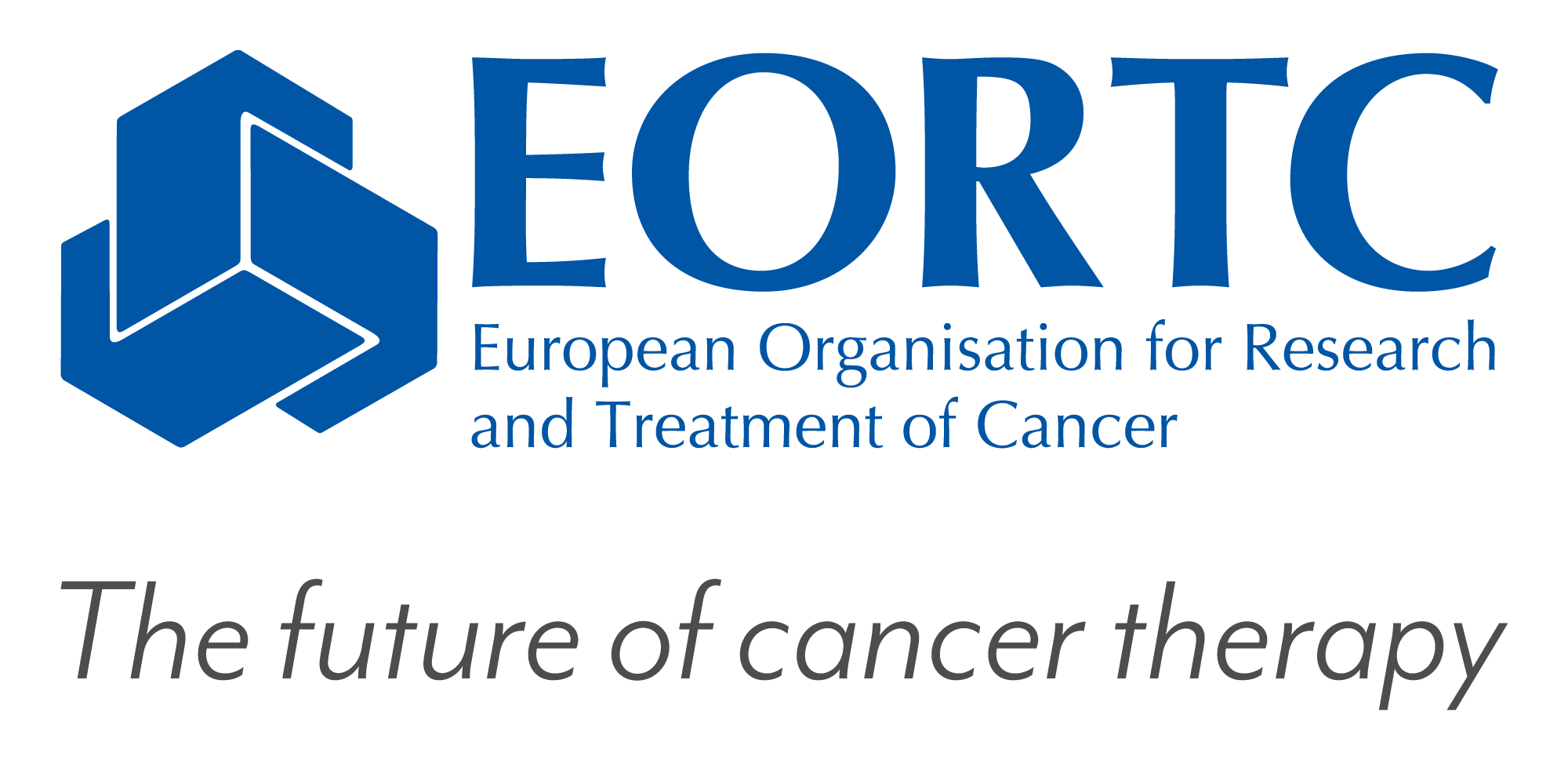
|
|

|
|
Web Release
23/03/07
Radiation Preferred Over Surgery for some Patients with Non-Small Lung Cancer
Results of a large, randomized multicenter EORTC trial published in the
Journal of the National Cancer Institute (March 21 2007)
After an initial chemotherapy treatment, radiation may be a better choice than surgery for patients with stage IIIA non-small-cell lung cancer, according to the results of the EORTC 08941 trial published in the March 21 Journal of the National Cancer Institute. The authors suggest that a combination of chemotherapy and radiation should be the preferred treatment option for these patients.
Approximately 80 percent of all lung cancers are non-small-cell lung cancers (NSCLC), and of those patients diagnosed with NSCLC, about 30 percent have locally advanced stages IIIA or IIIB. Previous studies have shown that treating stage IIIA patients with chemotherapy before surgery increases the survival rate compared with patients receiving only surgery. The researchers had originally hypothesized that surgery would be more effective than radiation after chemotherapy treatment.
Jan van Meerbeeck, M.D., Ph.D., principal investigator of the study, University Hospital of Ghent in Belgium, and member colleagues of the European Organization for Research and Treatment of Cancer (EORTC) recruited 579 eligible patients from 41 institutions into the trial between December 1994 and December 2002. All of the patients were diagnosed with stage IIIA-N2 NSCLC that had progressed so far that it was “unresectable”. The patients were first given three cycles of platinum-based chemotherapy. Those who responded to the treatment—61 percent of the initial group—were then randomly assigned to receive either surgery or radiation, 167 and 165 patients respectively.
The researchers found that surgery, compared to radiation, did not improve survival after treatment with chemotherapy. The median survival time for surgical patients was 16.4 months versus 17.5 months for patients who were treated with radiation. And the 5-year overall survival rate for surgical patients was 15.7 percent, compared with 14 percent for patients who received radiation. Although the survival rates for the two groups were very similar, the authors concluded that radiation was the preferred loco-regional treatment because of its lower rate of complications and mortality in the patient group in question.
Why this study is important:
“These results are important because several centers routinely use […] chemotherapy followed by surgery to treat patients with this stage of disease based on small randomized studies that showed that surgery alone is inferior to […] chemotherapy and surgery in stage IIIA patients,” the authors write.
In an accompanying editorial, David Johnson, M.D., of the Vanderbilt-Ingram Cancer Center in Nashville, and colleagues discuss how surgeons and oncologists are likely to react to the results of the EORTC study, as well as the challenges that each expert group faces in trying to treat this disease. According to the authors, “the results of EORTC 08941 [trial] have obvious implications for the treatment for patients with stage IIIA-N2 NSCLC […] preoperatively detected and pathologically confirmed. […] These data will be thoroughly parsed by surgeons, radiation oncologists, and medical oncologists alike to assess how each specialty’s contribution might be improved and the negative aspects minimized.”
The authors of the editorial also highlight what should be the way forward in non-small cell lung cancer: “It is our dream to also focus on prospectively validating putative molecular markers of prognosis, drug sensitivity, and resistance: Hopefully, these promising technologies can be used to guide patient selection and treatment decisions in the future.”
References:
Article: van Meerbeeck JP, Kramer GWPM, Van Schil PEY, Legrand C, et al. Randomized Controlled Trial of Resection Versus Radiotherapy After Induction Chemotherapy in Stage IIIA-N2 Non-Small-Cell Lung Cancer. J Natl Cancer Inst 2007; 99: 442-450.
Editorial: Johnson DH, Rusch VW, Turrisi AT. Scalpels, Beams, Drugs, and Dreams: Challenges of Stage IIIA-N2 Non-Small-Cell Lung Cancer. J Natl Cancer Inst 2007; 99: 415-418.
For further information about the study contact:
Nicole Heine
Communications Officer
EORTC
Phone: +32 2 774 16 51
e-mail: Nicole.Heine@eortc.be
Links:
******
About the EORTC:
Created in 1962, the European Organisation for Research and Treatment of Cancer
(EORTC) is a not-for-profit international cancer research organisation under
the Belgian Law.
The EORTC has the mission to develop, conduct, coordinate and stimulate laboratory
and clinical research in Europe to improve the management of cancer and related
problems by increasing survival but also patients’ quality of life. The
ultimate goal of the EORTC is to improve the standard of cancer treatment in
Europe, through the development of new drugs and other innovative approaches,
and to test more effective therapeutic strategies, using drugs which are already
commercially available, or surgery or radiotherapy.
The EORTC has the aim to facilitate the passage of experimental discoveries
into state-of-the-art treatment by keeping to a minimum the time lapse between
the discovery of new anti-cancer agents and the implementation of their therapeutic
benefit for patients with cancer.
The EORTC promotes multidisciplinary cancer research in Europe and is linked
to other leading biomedical research organisations around the world. The EORTC
research takes place in over 300 hospitals, universities and cancer centers
in 32 countries, and the unique network of investigators of The EORTC comprises
more than 2000 clinicians collaborating on a voluntary basis in over 20 multidisciplinary
groups.
For any further information related to the research activities of the EORTC,
please consult the EORTC website:
www.eortc.be